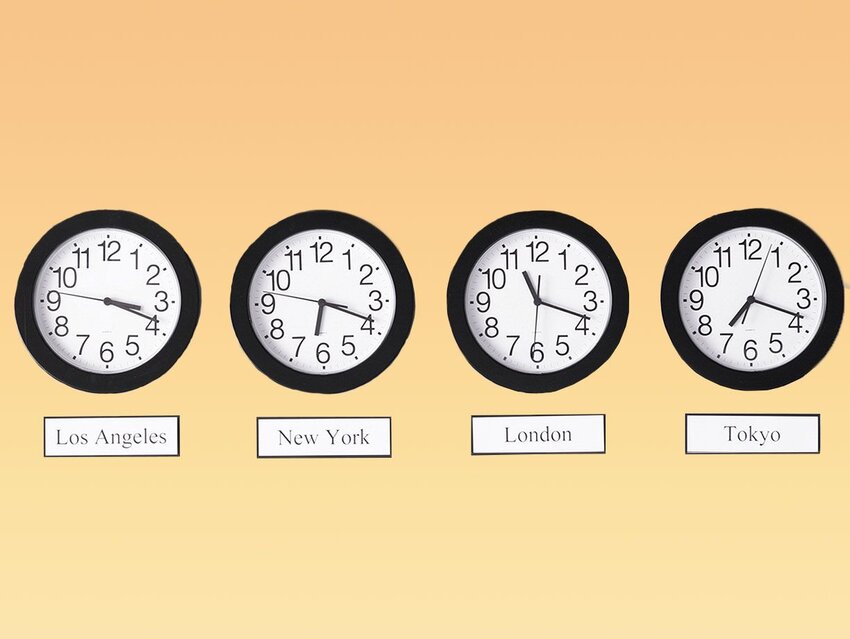Some words and phrases are so commonly used in conversation that we may not consider if we’ve used them correctly in writing. Certain compound words, for example, can be transformed into two-word phrases that mean something entirely different than the original word. Case in point: “Apart” means “separated,” while the two-word phrase “a part” refers to a piece of a larger whole. Despite being almost identical, “apart” and “a part” are not interchangeable.
Compound words and their spaced-out counterparts seem to show up particularly with measures of time. Let’s take a look at these common words and phrases to determine when to use which version.
Everyday and Every Day
The word “everyday” means “ordinary” or “common” and can be used as an adjective to modify a noun, as in, “She bought shoes for everyday use.” It’s also used less frequently as a noun on its own to describe the same: “A trip abroad is an escape from the everyday.” The phrase “every day” simply means “each day,” with “every” used as an adjective to modify the noun “day.”
The easiest way to distinguish when to use “everyday” or “every day” is to substitute “each” for “every.” For example: “My each day shoes are black” doesn’t work, but “I wear black shoes each day” does. In the first example, the correct version is “everyday.”
Anytime and Any Time
In many situations, “anytime” and “any time” can be used interchangeably. There are two exceptions, however, that require the use of the two-word phrase. The first instance is when using a preposition such as “at.” For example, “He is available at any time in June” requires the two-word “any time.” The singular word “anytime” can only be used without the preposition: “He is available anytime in June.” For a memory aid, remember that if the two-letter word “at” is present, the two-word version “any time” must be as well.
The second situation where “any time” is the only correct term is when referencing an amount of time. For example: “I don’t have any time to work on this project right now.”
Awhile and a While
This is a tricky one because both the singular “awhile” and the two-word phrase “a while” have very similar meanings. The adverb “awhile” means “for a period of time,” and the noun phrase “a while” means “a period of time.”
When in doubt about which one to use, there are a few tricks to try. If the phrase “for a while” can be substituted in the sentence, then the correct word is the adverb “awhile.” Example: “I cleaned awhile” means the same thing as “I cleaned for a while.” On the other hand, “I went to the store for a while ago” doesn’t make sense, which means the correct version uses the noun phrase “a while,” as in, “I went to the store a while ago.”
To check whether the noun phrase “a while” is correct, try substituting a specific amount of time, such as “an hour” or “a week.” Example: “I went to the store a while ago” correctly turns into “I went to the store an hour ago.”
Featured image credit: viafilms/ iStock

